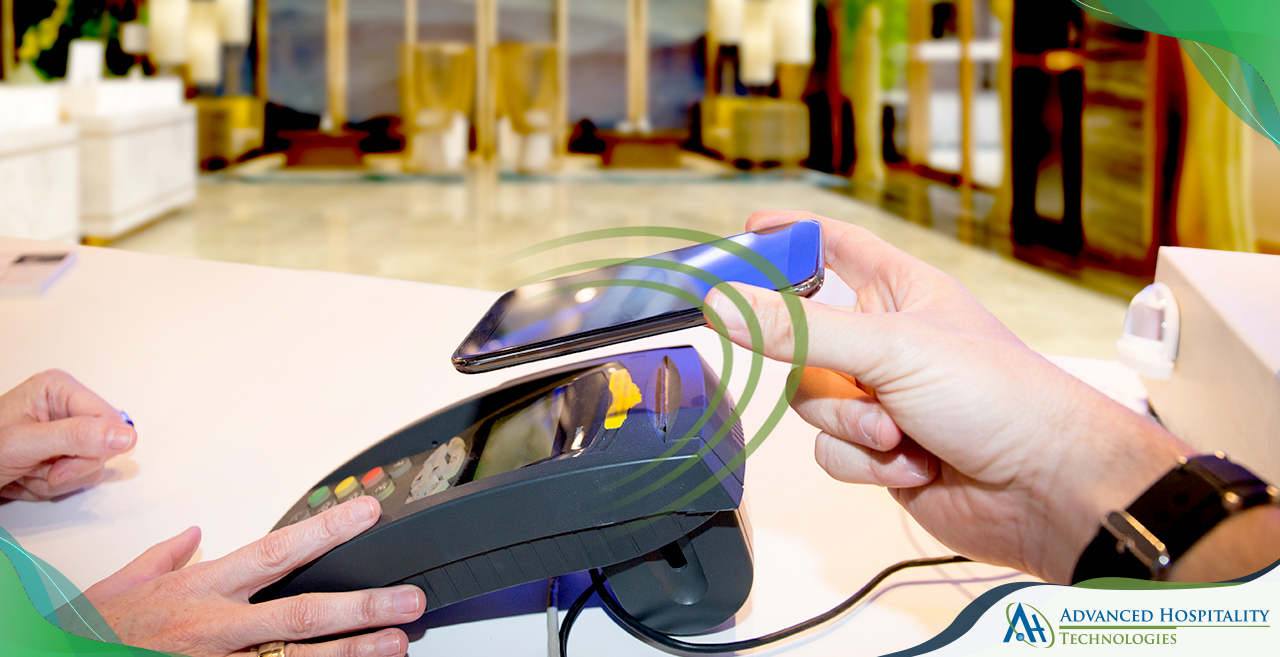Introduction
Today the travelers expect more than just a comfortable bed and good service; they seek unique, memorable experiences tailored to their preferences. This is where personalized hotel services come in. By offering personalized experiences, hotels can enhance guest satisfaction, build loyalty, and gain a competitive edge.
Personalization is all about understanding and meeting individual guest needs. From pre-arrival interactions to post-stay follow-ups, hotels have multiple touchpoints where they can tailor services to create memorable stays. In this blog, we will explore how personalization can elevate guest experiences and provide practical insights for hospitality professionals looking to implement these strategies.
The Importance of Personalized Services in Hospitality
Personalized services are at the heart of delivering exceptional guest experiences. Every traveler is unique, and their preferences vary widely. Some guests might prefer quiet rooms, while others may prioritize proximity to amenities. By recognizing and accommodating these individual preferences, hotels can make their guests feel valued and appreciated.
Personalization goes beyond just offering customized room settings. It extends to every aspect of the guest’s journey, including dining preferences, activities, and even communication. For example, sending a personalized welcome message or offering a favorite drink upon arrival can leave a lasting impression. When guests feel that their needs are anticipated and catered to, they are more likely to return and recommend the hotel to others.
Moreover, personalization enhances guest loyalty. When hotels consistently deliver tailored experiences, guests form emotional connections with the brand. This leads to repeat business, higher satisfaction rates, and increased word-of-mouth marketing. In a competitive market, personalization can be the key differentiator that sets a hotel apart from its rivals.
How Personalized Services Enhance the Guest Experience
Personalization can significantly improve the guest experience by making each stay unique and memorable. One of the most impactful ways to personalize is through room customization. Hotels can tailor rooms to the guest’s preferences before their arrival, such as adjusting the room temperature, providing specific pillow types, or even setting the lighting to their liking. This level of attention shows the guest that the hotel values their comfort and satisfaction.
Another area where personalization shines is through tailored communication. Pre-arrival emails that offer personalized room upgrades or dining suggestions based on previous stays can make a guest feel special before they even check in. On-site, addressing guests by name and offering services based on their past behavior or preferences further enhances the experience. For example, if a guest always visits the spa, offering them a special package or discount for their next visit can make them feel valued and increase their likelihood of returning.
Dining is another critical area where personalization can elevate the guest experience. Offering customized menus based on dietary preferences or surprising a guest with their favorite dish can turn an ordinary meal into a memorable experience. For special occasions, such as birthdays or anniversaries, personalized touches like custom cakes or private dining arrangements add a thoughtful, unique element that guests will remember long after their stay.
The Role of Technology in Delivering Personalized Hotel Services
Technology plays a crucial role in enabling personalized hotel services. With advancements in artificial intelligence (AI), customer relationship management (CRM) systems, and smart room technology, hotels can now deliver highly customized experiences that align with guest preferences.
CRM systems allow hotels to track guest behavior, preferences, and history, providing valuable insights that can be used to personalize services. For instance, if a guest always requests a specific room or enjoys a particular type of pillow, this information can be stored and applied to future stays. This not only saves time for the guest but also shows that the hotel pays attention to their preferences.
Mobile apps are another powerful tool for personalization. Many hotels offer apps that allow guests to customize their experience before and during their stay. Guests can use these apps to control room settings, order room service, or book spa treatments with just a few taps. This level of convenience and customization adds value to the guest experience.
Smart room technology, powered by the Internet of Things (IoT), is also transforming personalization in hotels. Guests can now control lighting, temperature, and entertainment options directly from their smartphones or voice-activated devices. For example, a guest can walk into a room where the lighting and temperature are already set to their preferences, making the experience seamless and enjoyable.
Customized Dining and Exclusive Experiences
Dining is an integral part of any hotel stay and offering personalized dining experiences can make a significant impact. Hotels that take note of dietary preferences and offer customized menus show that they prioritize guest comfort and satisfaction. For example, providing gluten-free, vegan, or allergy-sensitive menu options is essential in catering to modern dietary needs.
For guests celebrating special occasions, personalized dining experiences are particularly valuable. Surprising a couple with a custom cake for their anniversary or offering a private, candlelit dinner for a honeymooning couple can create unforgettable memories. Personalization in dining doesn’t stop at food preferences; ambiance and service tailored to the occasion can elevate the overall experience.
Additionally, offering exclusive, personalized experiences such as private tours, VIP access to local attractions, or curated excursions can significantly enhance the guest’s stay. These experiences make guests feel special and create a deeper connection with the hotel brand. By providing these types of unique, personalized activities, hotels can create memories that go beyond the usual hotel stay.
The Benefits of Personalized Hotel Services
The benefits of personalized hotel services extend beyond guest satisfaction. First and foremost, personalization leads to increased guest loyalty. When guests feel that a hotel is genuinely invested in their comfort and preferences, they are more likely to return. This loyalty translates into higher retention rates and a stronger brand reputation.
Personalization also creates opportunities for upselling. Hotels can offer tailored recommendations for room upgrades, dining packages, or spa treatments, based on the guest’s preferences. When the offer is relevant and personalized, guests are more likely to take advantage of it, leading to increased revenue for the hotel.
Furthermore, personalization helps hotels differentiate themselves from competitors. In a crowded market, offering unique, personalized experiences sets a hotel apart and makes it more memorable for guests. This differentiation is key to attracting repeat visitors and gaining a competitive edge.
Conclusion
Personalized hotel services are no longer a luxury but a necessity for hotels looking to stand out in a competitive market. From customized room settings and personalized dining to tailored communication and exclusive experiences, personalization enhances every aspect of the guest journey.
By leveraging technology and understanding guest preferences, hotels can create memorable stays that not only satisfy guests but also build loyalty and drive repeat business. Hospitality professionals must embrace personalization as a core strategy to create meaningful, unforgettable experiences for their guests.
With the right approach, personalized services can turn ordinary stays into extraordinary ones, creating a lasting impact that keeps guests coming back for more.




